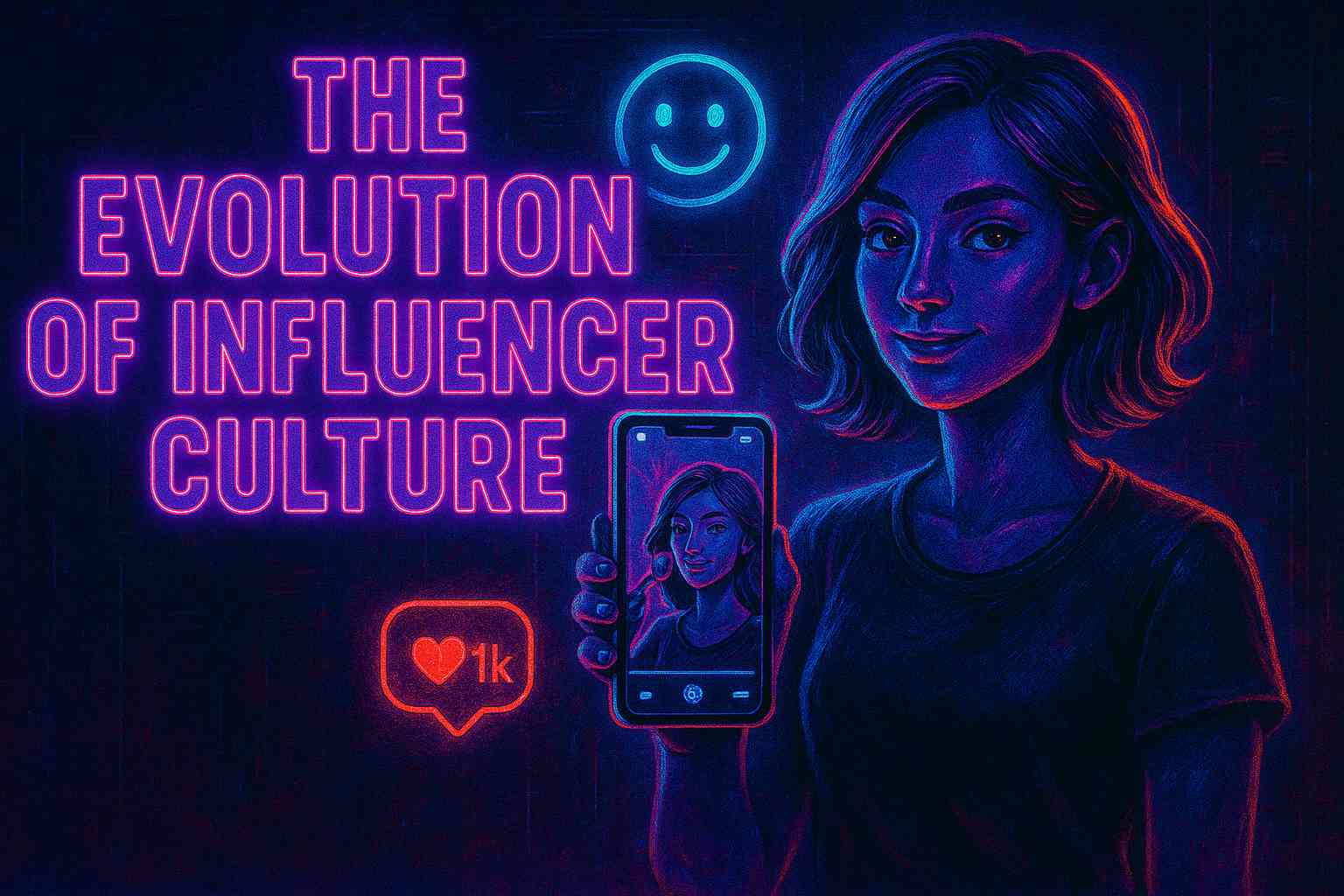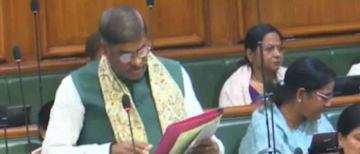Real influence isn't about who looks perfect—it's about who dares to be honest.
In the golden age of Hollywood, fame was a distant star. Celebrities like Elizabeth Taylor and Elvis Presley embodied unattainable glamour, larger-than-life icons crafted by studios and shielded from public access. Their presence was a carefully curated mystery, reinforced by tightly controlled media appearances and polished PR campaigns. Fame was exclusive, talent-driven, and often a product of elite gatekeeping.
Fast forward to today, and fame is as close as a phone screen. The rise of social media has democratised influence, allowing anyone with a smartphone, a voice, and a story to reach millions potentially. This shift has birthed a new era: the age of the relatable influencer, where connection trumps curation, vulnerability is currency, and authenticity is the most valuable commodity.
This transformation from celebrity worship to digital intimacy marks a cultural turning point. It's a shift driven not just by technology, but by a deeper societal hunger for realness in a world oversaturated with filters, ads, and facades.
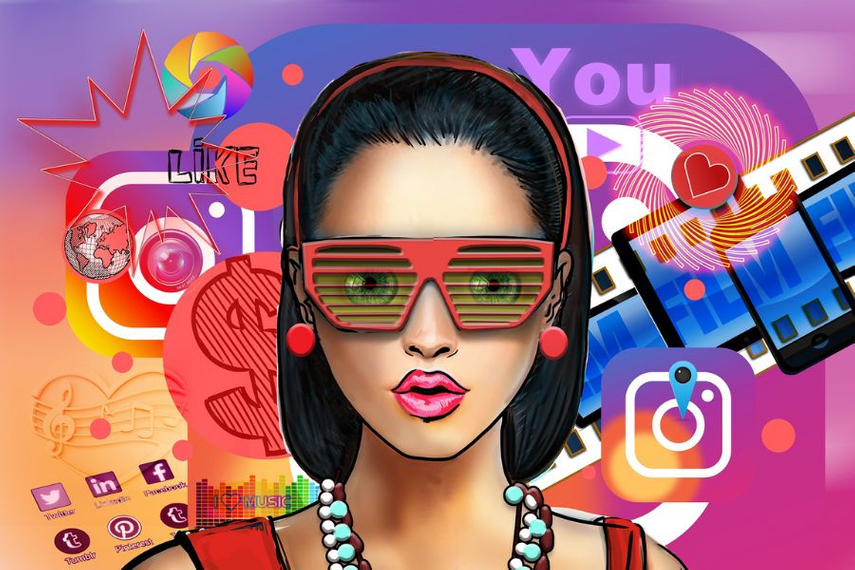
Traditional Celebrity Culture: Glamour, Distance, and Commercial Facades
For decades, celebrities were the epitome of aspiration. Whether it was Michael Jordan soaring through the air in a Gatorade ad or Jennifer Aniston promoting the dream of "Rachel Green" hair, stars symbolised what people wanted to be, not who they already were.
Key traits of traditional celebrity culture included:
-
Aspirational lifestyles: Their wealth, fashion, and luxury were part of the allure.
-
Limited access: Fan engagement was confined to tabloids, fan clubs, and red carpets.
-
Commercial detachment: Product endorsements often felt disconnected from any personal use or conviction.
This model thrived on distance. The celebrity’s life wasn’t meant to be relatable; it was aspirational, often unattainably so. The message was clear: “Admire us, but don't expect to be us.”
"People don’t buy what you do; they buy why you do it.” — Simon Sinek
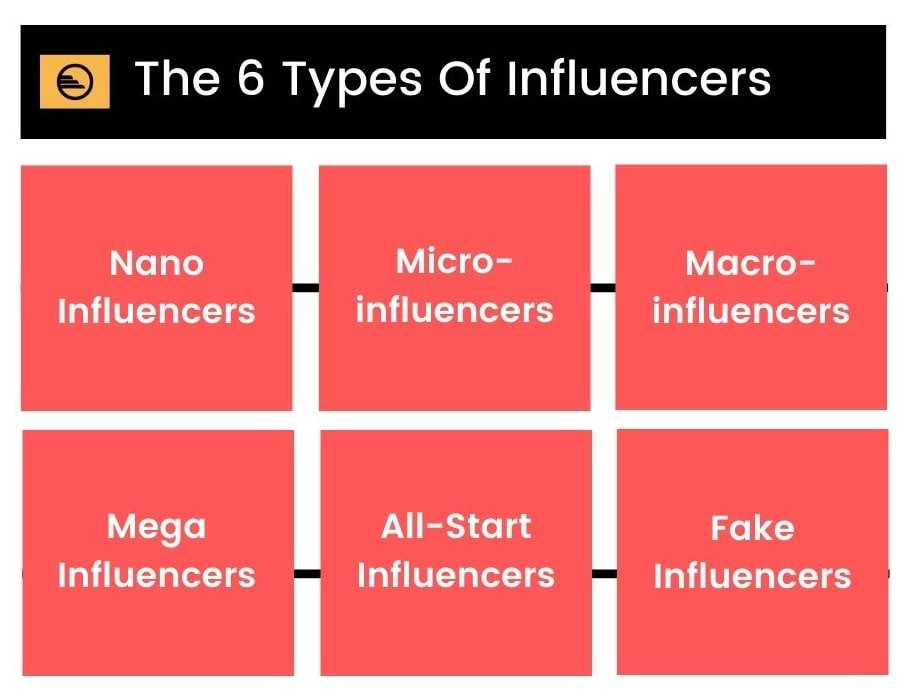
The Rise of the Influencer: Relatability Reigns
With the explosion of platforms like YouTube, Instagram, and TikTok, a new breed of content creators emerged: influencers. These were not actors or musicians managed by PR teams. They were students, parents, makeup lovers, fitness fanatics, people just like us sharing snippets of their lives online.
In the early 2010s, platforms like Instagram and YouTube were digital diaries. Videos and posts were often low-budget, filmed in messy bedrooms, and filled with candid commentary. Viewers felt like they were being invited into a friend’s world.
The power of these creators lay in their parasocial relationships; audiences didn’t just watch them, they felt connected to them. This sense of intimacy and trust made their product recommendations far more persuasive than a celebrity endorsement on TV.
The appeal of influencers was simple: authenticity.

From Relatable to Unreachable: The Pitfalls of Monetised Influence
But as with any cultural movement, the influencer space evolved and not always for the better.
As brands began to realise the monetary potential of influencer marketing (an industry projected to hit $24.1 billion by 2025), the nature of content began to shift. Sponsored posts, luxury unboxings, and PR stunts flooded feeds.
What began as a space for raw connection morphed into a carefully orchestrated performance.
Some influencers began staging scenarios, fabricating emotions, and promoting products they didn’t use. The Poppi vending machine stunt, where giant branded machines were sent to influencers’ homes for clout, felt like the tipping point, an example of marketing spectacle replacing substance.
The disconnect grew. Followers, once loyal and engaged, began unfollowing in droves. A 19-hour TikTok ban revealed just how much of the content was scripted or exaggerated for views. What was once candid had become commodified.
Scandals only deepened the cracks:
-
Belle Gibson, who falsely claimed she cured cancer through diet, deceived millions and was fined $410,000.
-
Yovana Mendoza, a raw vegan influencer, was filmed eating fish, igniting backlash for hypocrisy.
-
Influencers across the globe have been caught failing to disclose paid partnerships, and 81% of Australian influencers violated disclosure guidelines in 2023 alone.
Trust, the bedrock of influencer power, was eroding.
Authenticity is magnetic. When people feel seen, they stay.
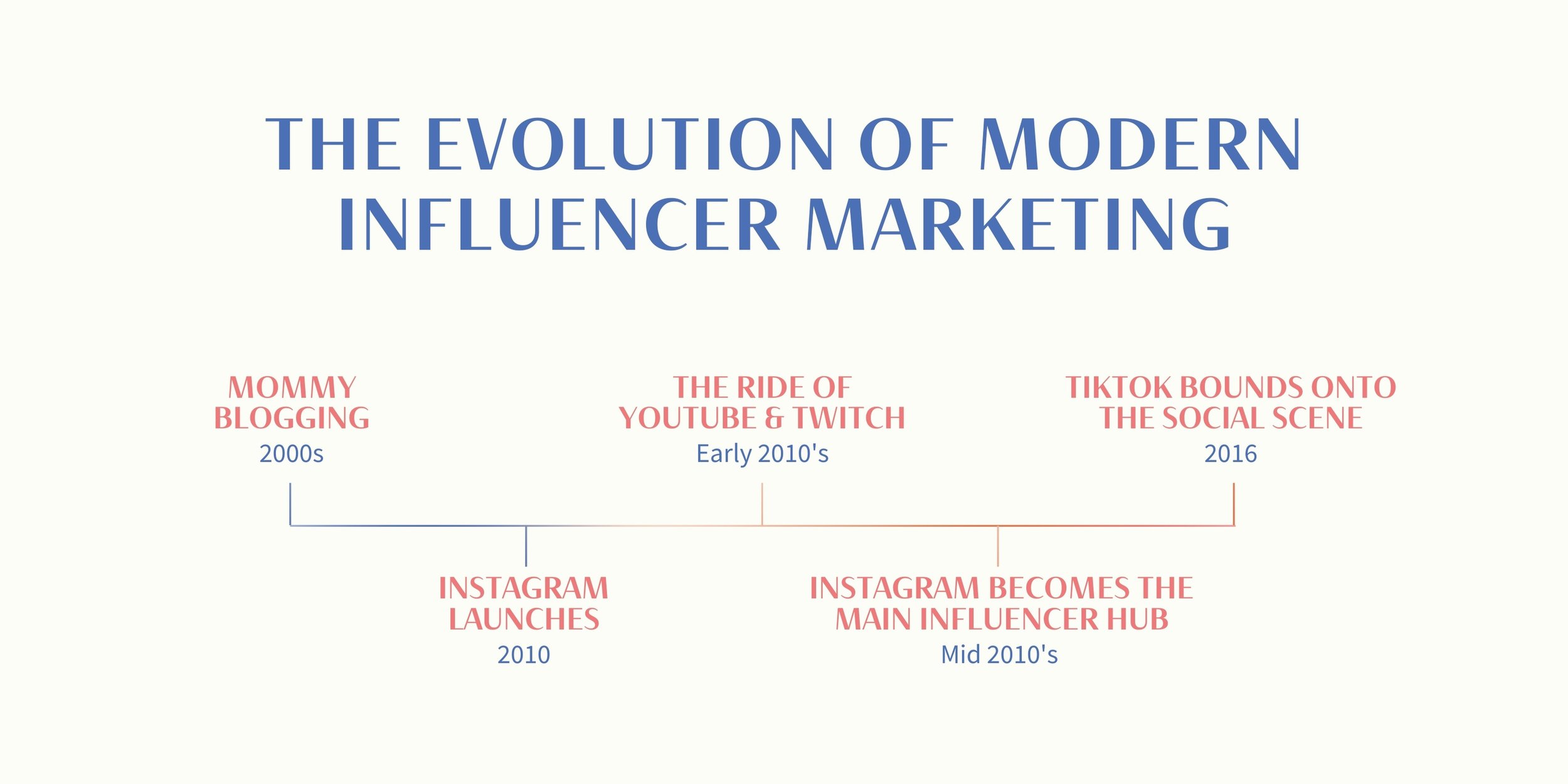
Influencers as Victims and Villains
It’s tempting to cast influencers as villains in this tale—chasing clout, deceiving followers, and promoting unsustainable lifestyles. But the reality is more complex.
Many influencers are victims of an unregulated system:
-
Unpaid labour: Agencies like Speakr have faced allegations of withholding payments, leaving creators financially stranded.
-
Systemic discrimination: Black and LGBTQ+ influencers report lower pay and fewer opportunities than their white counterparts.
-
Burnout and harassment: Creators often juggle multiple roles, writer, editor, director, and on-screen talent, and face relentless online abuse.
The pressures of constant content creation, algorithmic relevance, and audience expectations create an environment where mental health suffers, and authenticity is sacrificed for survival.
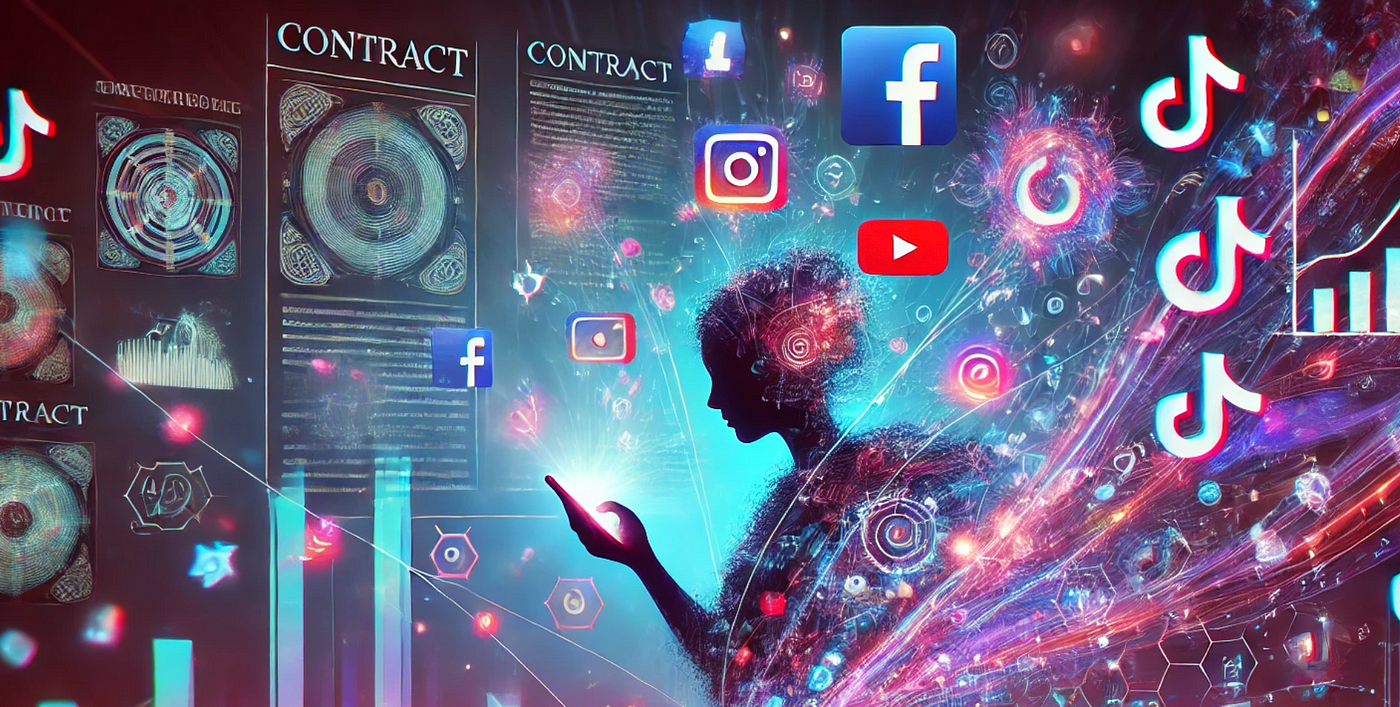
The Rebirth of Authenticity: A Return to Real
Despite its flaws, influencer culture is not collapsing; it’s evolving.
Audiences are rejecting overly curated, performative content in favour of smaller, niche creators who prioritise honesty over aesthetics. Micro- and nano-influencers (with under 100,000 followers) often have higher engagement and are seen as more trustworthy.
New platforms and movements reflect this shift:
-
BeReal encourages users to post in-the-moment photos without filters.
-
The rise of “deinfluencing” encourages consumers to skip overhyped products and think critically about their purchases.
-
Mental health, vulnerability, and raw storytelling are becoming the cornerstones of successful content.
Creators like Ashley Graham challenge beauty norms by sharing unedited images. Skincare influencers now share real journeys with acne rather than pretending to be flawless. Green influencers promote sustainability and conscious living.
This is more than a trend, it’s a cultural correction.
Turns out, being real is the new rich, and followers can smell fake from a mile away.
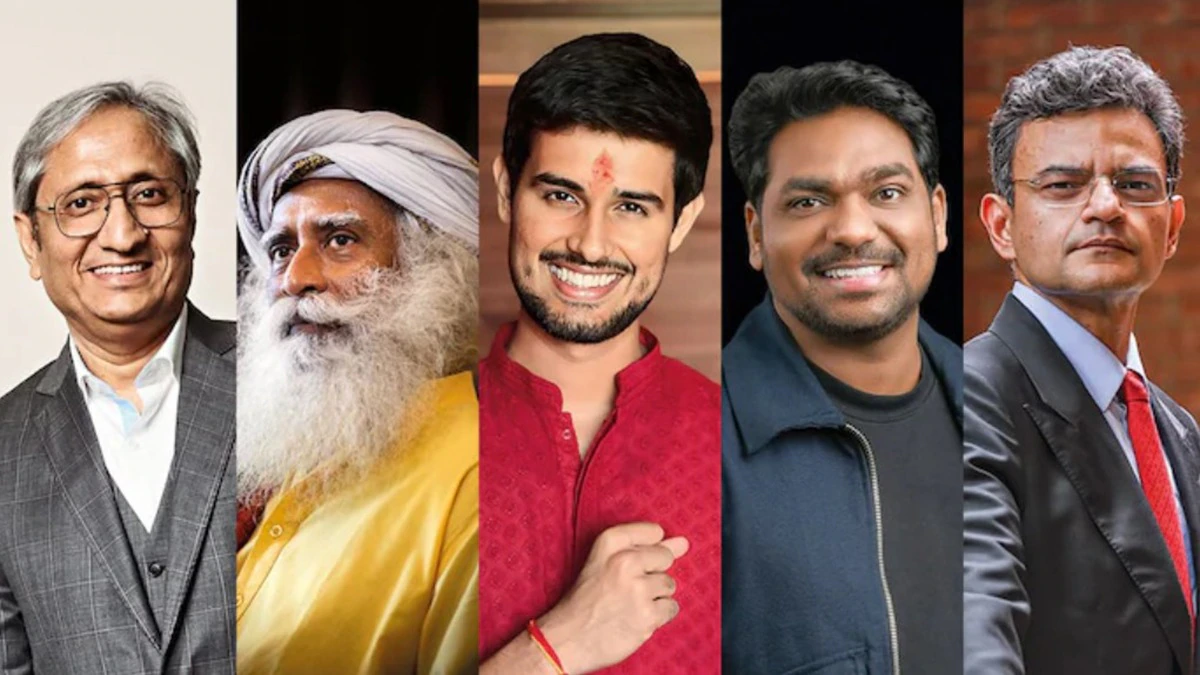
Brands and the Influence Shift
Brands are also adjusting. Instead of chasing massive follower counts, they’re focusing on:
-
Long-term partnerships over one-time promotions
-
Creators with aligned values, not just aesthetic appeal
-
Story-driven campaigns that prioritise real experiences over flashy spectacles
Today’s consumers value transparency and purpose. A brand that partners with an acne survivor to promote skincare appears more credible than one that hires a supermodel with perfect skin for a single post.
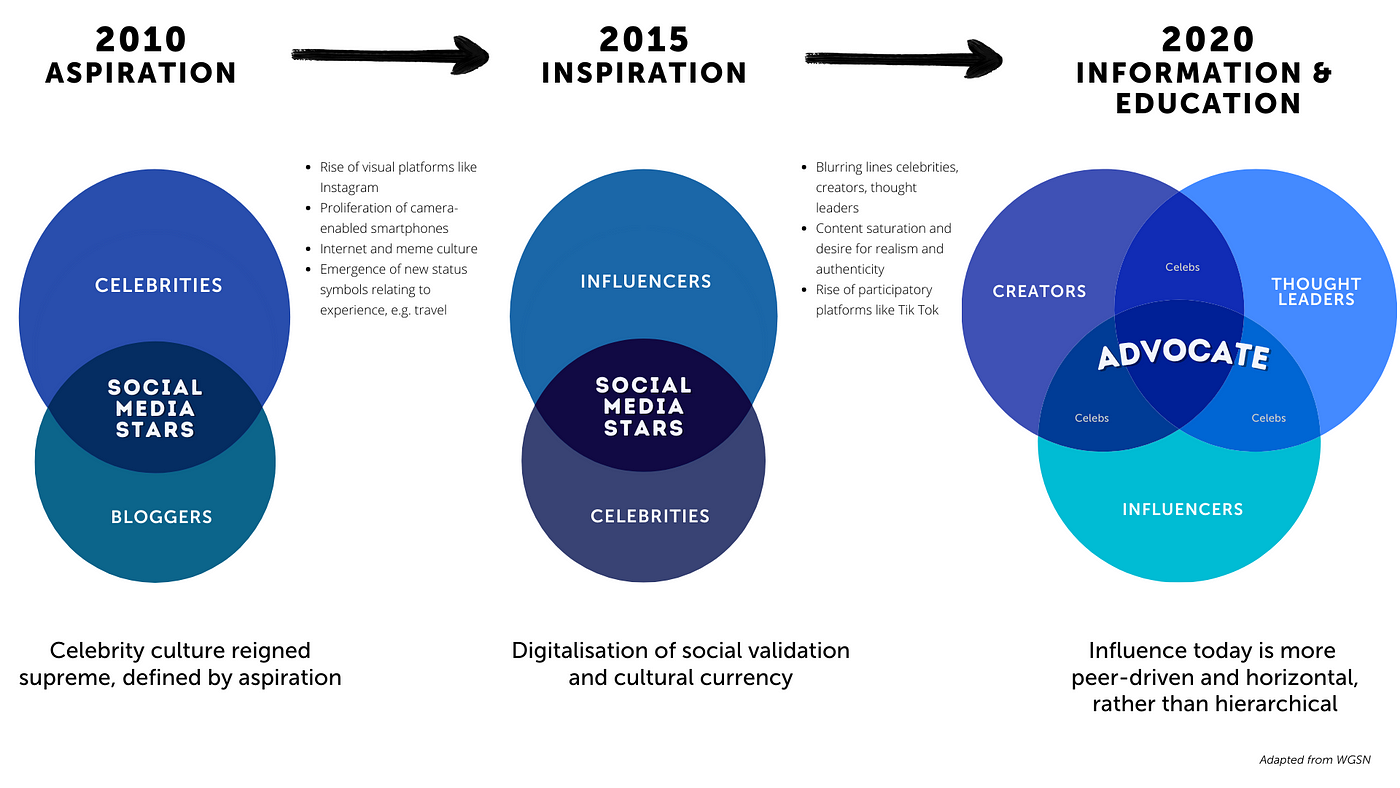
The Double-Edged Sword of Influence
Yet even in its more relatable form, influencer culture is not without risks.
The constant exposure to others' curated lives, even the "relatable" ones, can still spark comparison, anxiety, and low self-esteem. Influencers discussing their mental health authentically are valuable, but we must still recognise the psychological impact of endless scrolling and parasocial dynamics.
Balance is key for creators and consumers alike.
Influencers must draw ethical boundaries, prioritise mental well-being, and resist the pressure to always be “on.” Followers must consume content mindfully and avoid equating online personas with absolute truths.
“Influence is not about popularity. It’s about integrity.” — Amy Jo Martin
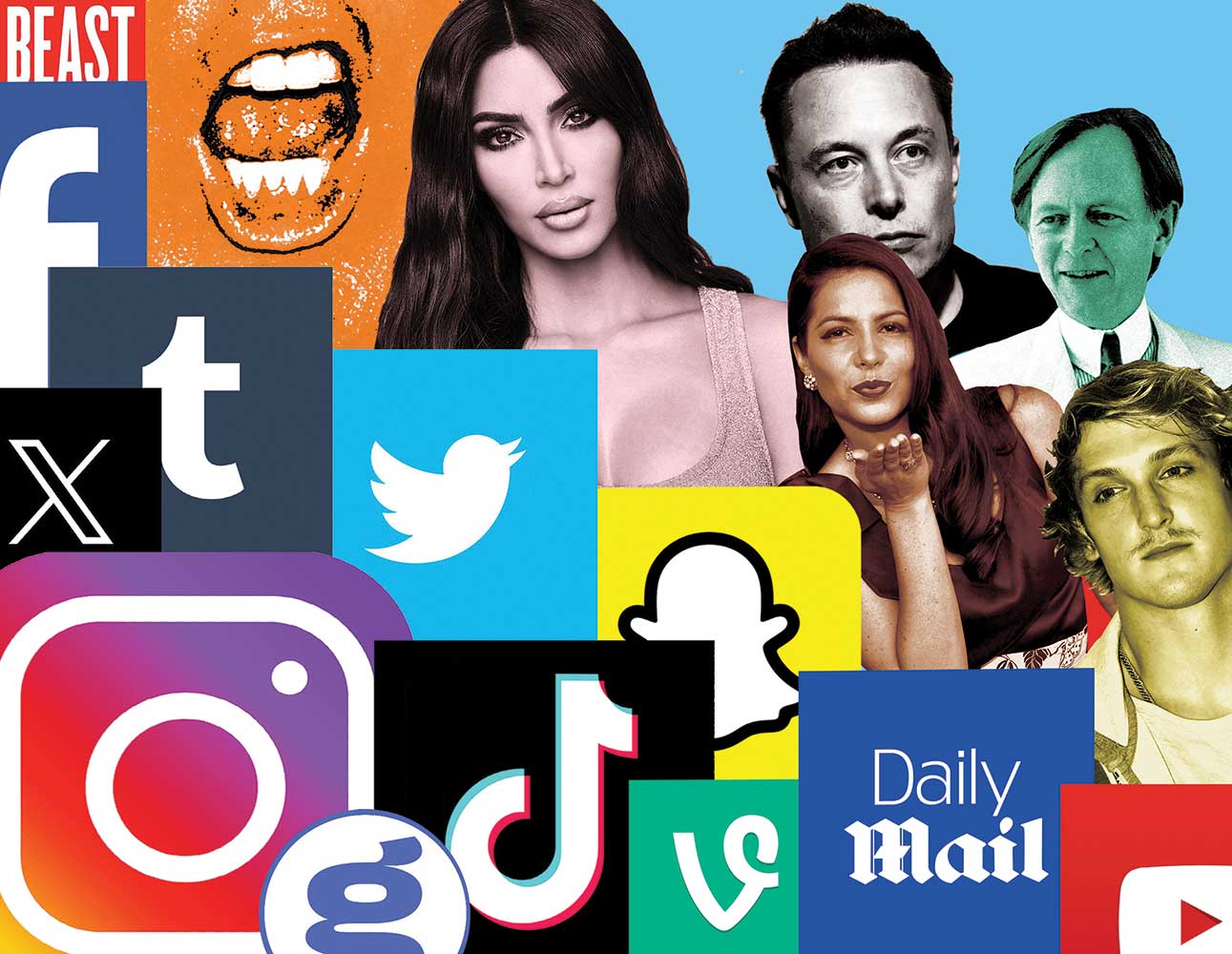
From Achievement to Alignment
In the words of philosopher Byung-Chul Han, we’ve moved from a disciplinary society to an achievement society, where visibility and success are seen as the ultimate goals. But this shift has also invited a return to meaning.
Relatable influencer culture is not just about being liked. It’s about being understood, being honest, and being useful.
The future of influence doesn’t belong to the most glamorous or the most followed. It belongs to those who build communities over clout, prioritise purpose over performance, and remember that the most compelling stories are often just about being human.
In a world of curated perfection, the bravest thing an influencer can be is real.
With inputs from agencies
Image Source: Multiple agencies
© Copyright 2025. All Rights Reserved Powered by Vygr Media.

